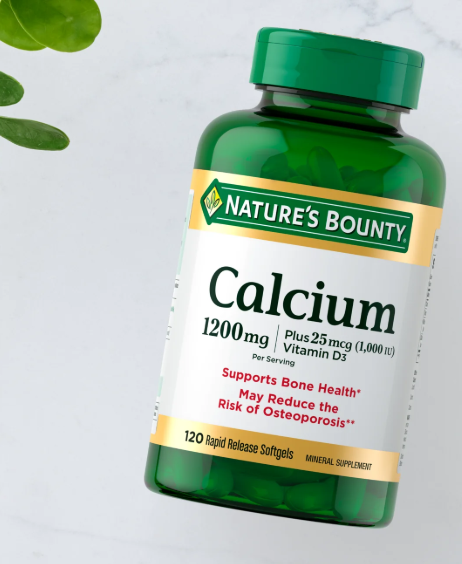The market for bone and joint health supplements has traditionally been dominated by ingredients like glucosamine, chondroitin, calcium, and vitamin D, which are known for their slower-acting nature. As a result, the growth of this market has been steady but not explosive. Unlike other health sectors, such as immune support, the bone and joint health market didn’t experience a significant boost during the pandemic. According to the Nutrition Business Journal (NBJ), the joint supplement market in the U.S. saw a modest compound annual growth rate (CAGR) of 0.5% in 2020, a decrease from the 2.4% growth seen in 2019. However, the market is expected to pick up again, with a projected 5.5% growth rate through 2023, bringing its value to $2.3 billion.
Amazon, one of the largest retailers of dietary supplements, offers valuable insights into consumer behavior in this space. According to data from ClearCut Analytics, the joint health supplement category on Amazon saw an impressive 51% year-over-year growth from June 2020 to May 2021. Despite this growth, the average price of joint supplements remained relatively stable, at around $24.79, compared to the previous year’s average of $12.32.
The top-selling joint supplements on Amazon reflect the increasing popularity of ingredients like collagen and turmeric, which are commonly marketed for joint health and inflammation support. The leading brands in this category include Vital Proteins, Bio Schwartz, and LiveWell Labs Nutrition (Live Conscious), with Qunol and Oste-Bi-Flex also making it to the top five. Together, the top 10 joint supplement brands captured 41% of the market share for this category on Amazon during the 12-month period ending in May 2021.
When looking at the most popular delivery methods for joint supplements, capsules and powders lead the way. Capsules accounted for 32% of the market share, while powders held 18%. Interestingly, powdered supplements experienced the most significant growth in this category, with a 72% increase, second only to softgels, which saw an 82% growth. However, softgels still represent a small portion of the market, making up just 3% of total sales.
The data indicates that while the bone and joint health supplement market continues to evolve, consumers are increasingly turning to newer ingredients like collagen and turmeric to support joint function and reduce inflammation. The market is expected to keep growing, with innovations in product delivery methods, such as powders and softgels, continuing to shape consumer preferences.

Leave a Comment